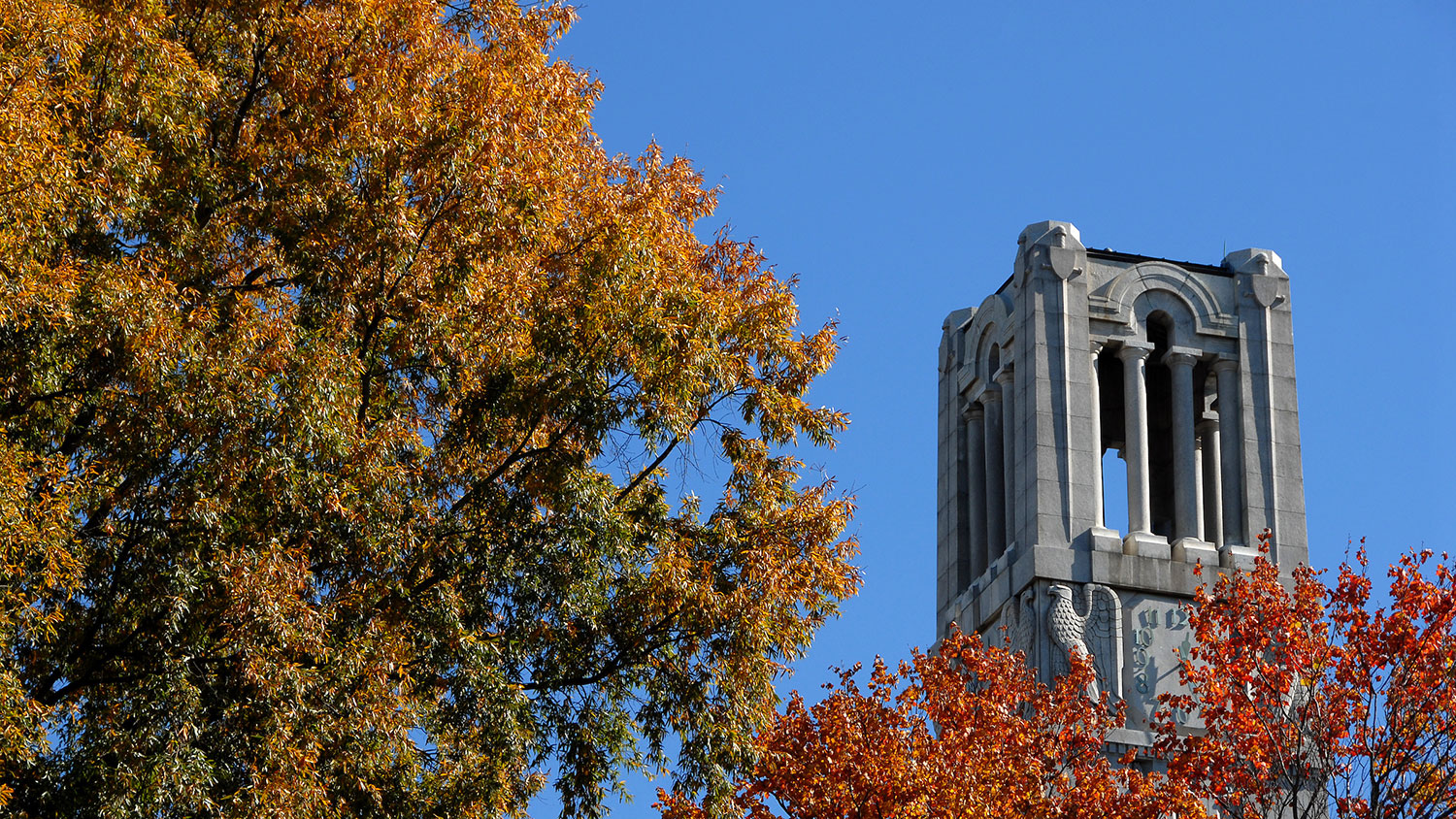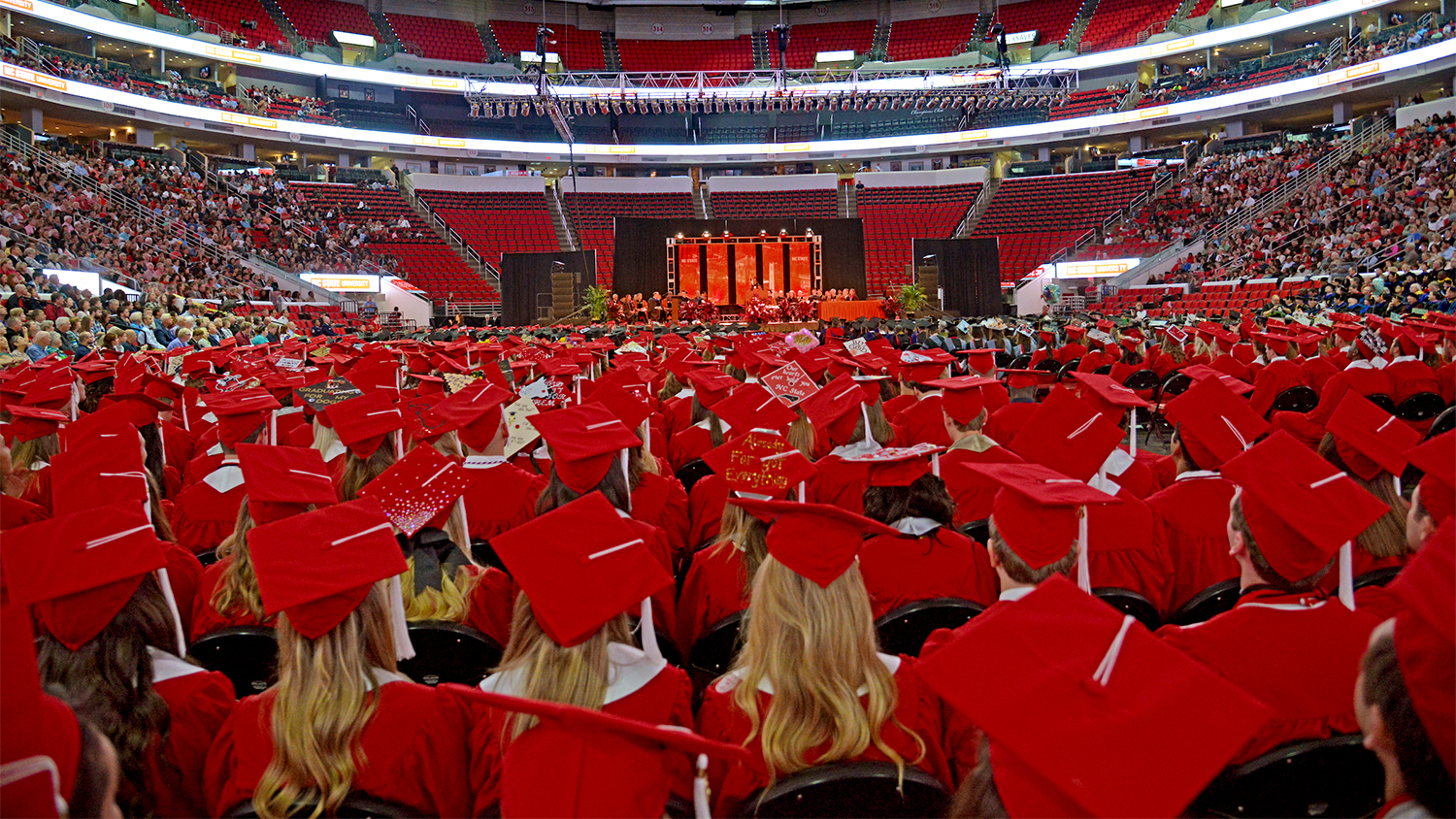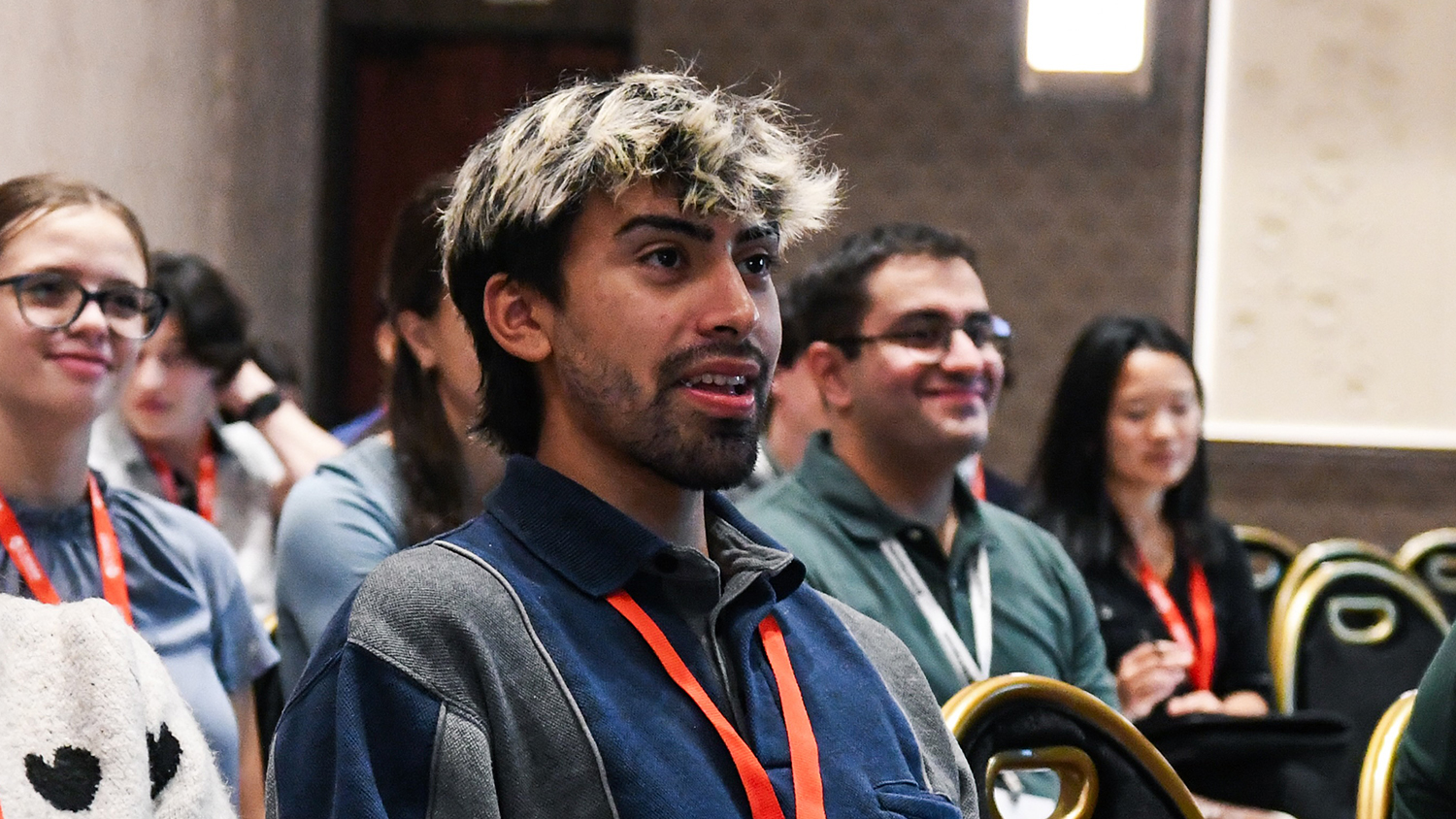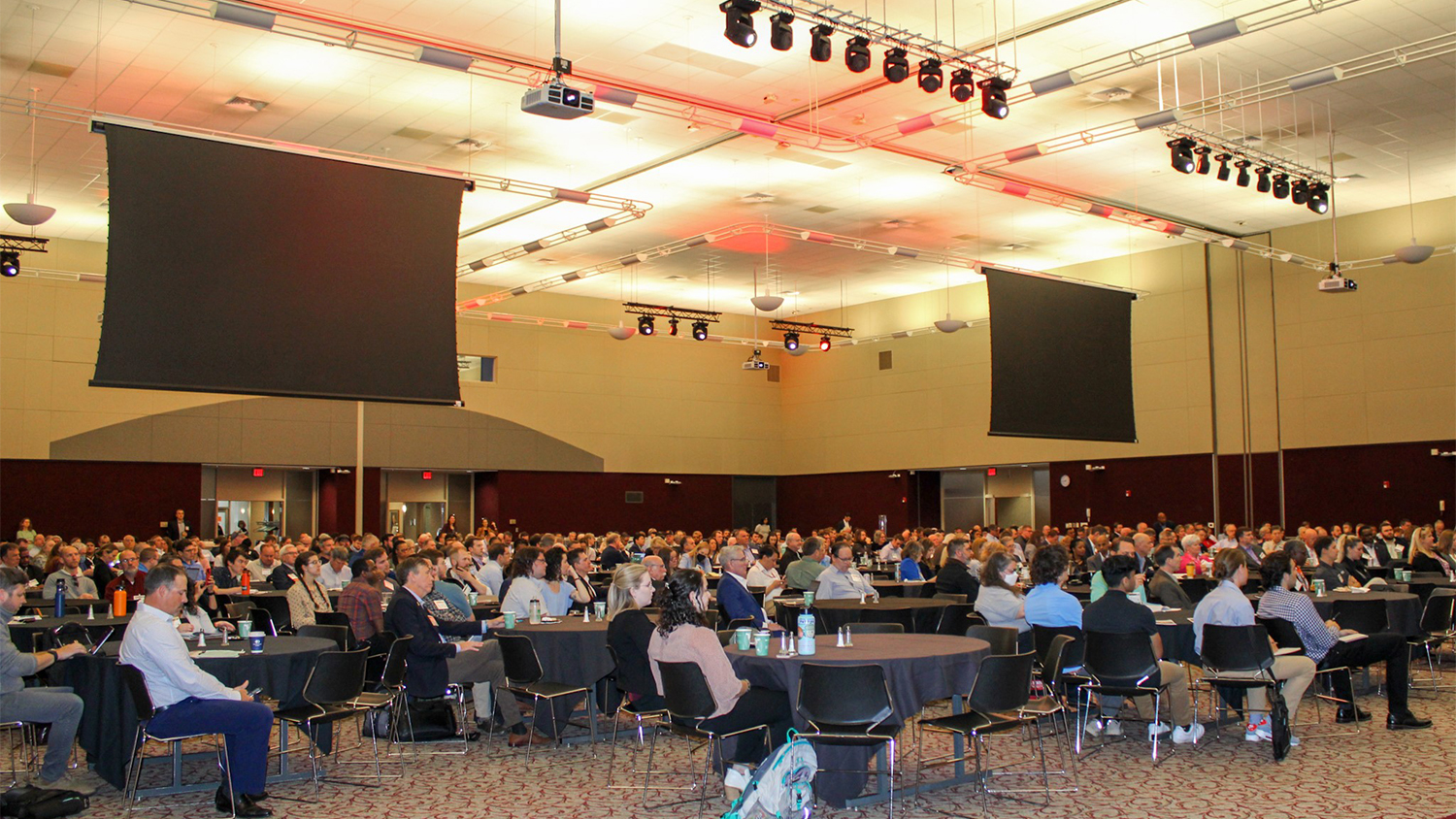College announces winners of 2021 Graduate Programs Awards

As graduate students strive to engage with their disciplines and communities through research, leadership and service, their unique accomplishments are recognized through the College of Engineering 2021 Graduate Programs Awards.
To be eligible, graduate students had to submit a resume and receive a nomination from a faculty member. Seventeen nominations were submitted in total and the winners of the awards were decided by nine judges who are COE faculty members.
Awards include the Distinguished Dissertation Award, which recognizes a student’s original, completed dissertation that makes a significant contribution to their discipline; the Doctoral Scholar of the Year, which focuses on the student’s achievements within teaching, leadership, research, citizenship and recruiting; and the Master Scholar of the Year, which celebrates a student’s achievements in leadership and research.
COE Distinguished Dissertation Award: Nathan Hart
Nathan Hart, a ‘20 nuclear engineering graduate and postdoctoral research associate for Los Alamos National Laboratory, was nominated by Yousry Azmy, a Duke Energy Distinguished Professor of Nuclear Engineering and former supervisor of Hart.
“[Hart] is a bright individual who examines new concepts and information with great thoroughness and in a holistic manner,” said Azmy. “These are all traits that are invaluable for research, and in his case are supplemented with a stable and mature personality that is not easily shaken by difficulties as they arise. Rather, [Hart] is persistent and highly focused on his career objectives.”
Hart’s research focuses on radiation transport problems and the development, implementation and testing of a new spatial discretization error estimator for the Discontinuous Galerkin Finite Elements Method (DGFEM). While at NC State, Hart served as a Nuclear Energy University Programs (NEUP) Fellow and as a National Academy for Nuclear Training (NANT) Fellow.
“The application of his research to realistic problem configurations illustrates the value to the modeling and simulation community as well as nuclear scientists and engineers who use these tools in their jobs,” said Azmy.
COE Doctoral Scholar of the Year: Emily McCain
Emily McCain, a recent graduate student in mechanical and aerospace engineering, was nominated by Katherine Saul, an associate professor in mechanical and aerospace engineering and McCain’s primary graduate supervisor.
“[McCain] is a truly exceptional graduate student, who has demonstrated outstanding capacity for research, an enthusiasm for biomechanics, and an ability to independently propose, design and perform new research,” said Saul, “[McCain] has already performed important analyses that reveal crucial insights into human walking and the response to limited joint mobility through both experimental work and complex computational simulation.”
McCain’s research involving joint restriction and exoskeleton development has enabled her to present at five conferences and be involved in six publications, for four of which she was the lead investigator. Additionally, over the course of four years, McCain served as a National Institutes of Health NIH F31 Predoctoral Fellow, a research assistant and Lord Fellow.
“In my observations of her among current and past graduate students… I find that Emily is a remarkable talent and one of the top graduate students of my career,” said Saul. “I cannot think of a more deserving student for this honor.”
COE Master Scholar of the Year: Parth Diwanji
Parth Diwanji, a second-year graduate student in computer science and a graduate teaching assistant for “Embedded/Real Time Systems for Autonomous Driving,” was nominated by Munindar P. Singh, an Alumni Distinguished Graduate Professor of Computer Science.
“[He] interacts well with his peers and seniors. He applies his understanding effectively and follows up to both queries and guidance. He is able to read and understand published research and to apply the associated tools. Importantly, he doesn’t need handholding to carry out his assigned tasks,” said Singh.
With assistance from Singh; Hui Guo, a Ph.D. student in computer science; and Anup Kalia, a research staff member for IBM, Parth presented on and published “Lin: Unsupervised extraction of tasks from textual communication.” The paper was accepted to the International Conference on Computational Linguistics (COLING) in December 2020. It is through this paper that Parth studied actions and intents and distinguishing means from ends related to challenges revolving around difficulty in understanding instructions expressed through text.
“Parth has continued research into the same theme since the paper was submitted in the summer. Since that time, he conducted additional research and learned to apply more exotic methods such as adaptor grammars,” said Singh. “Parth is one of the best master’s students I have seen.”
- Categories:


